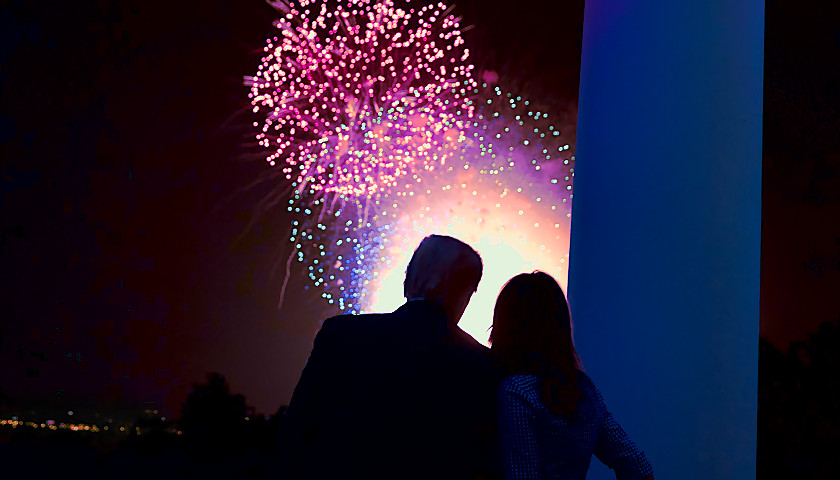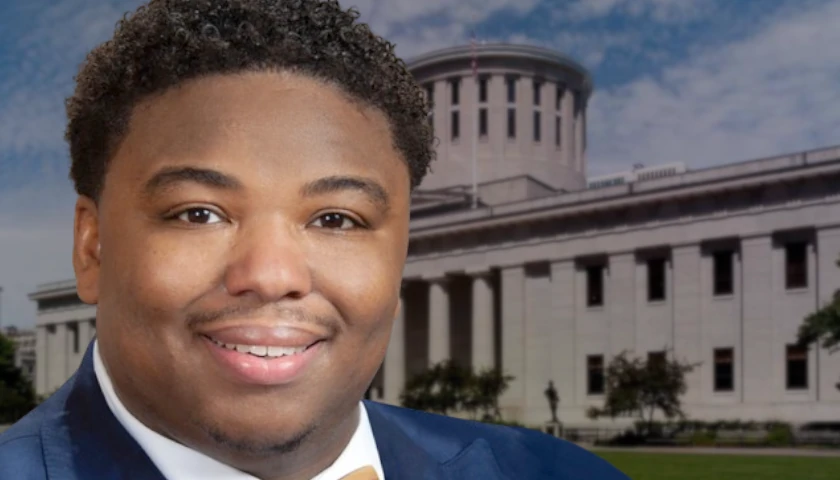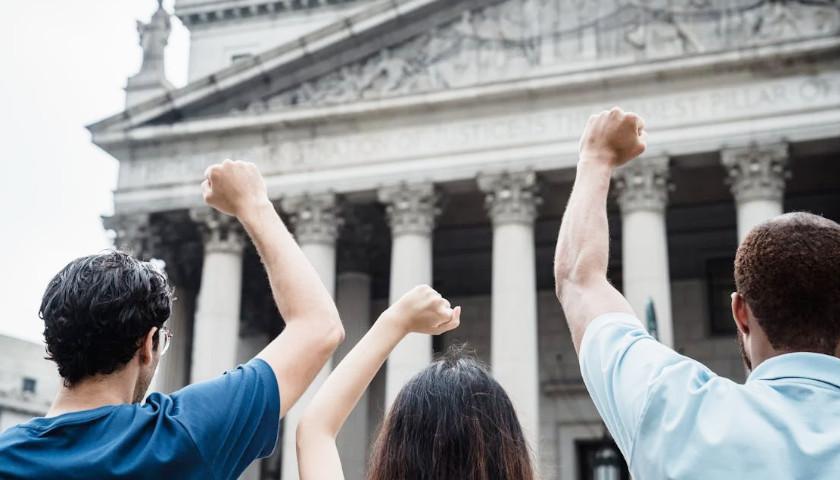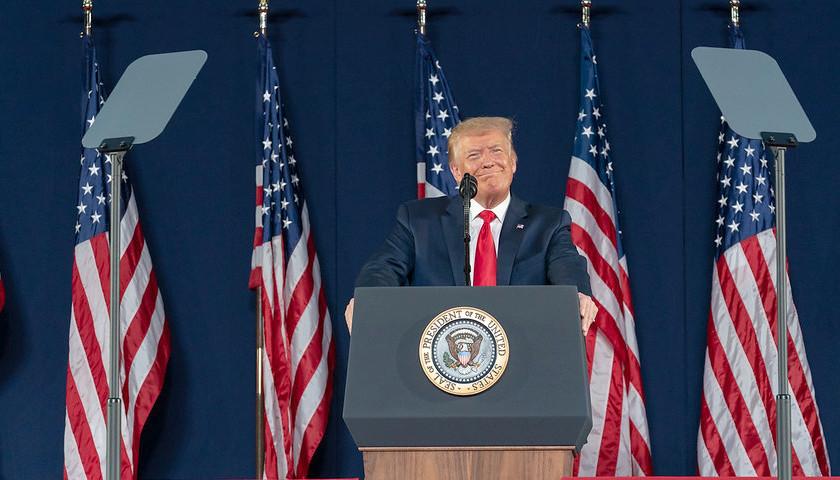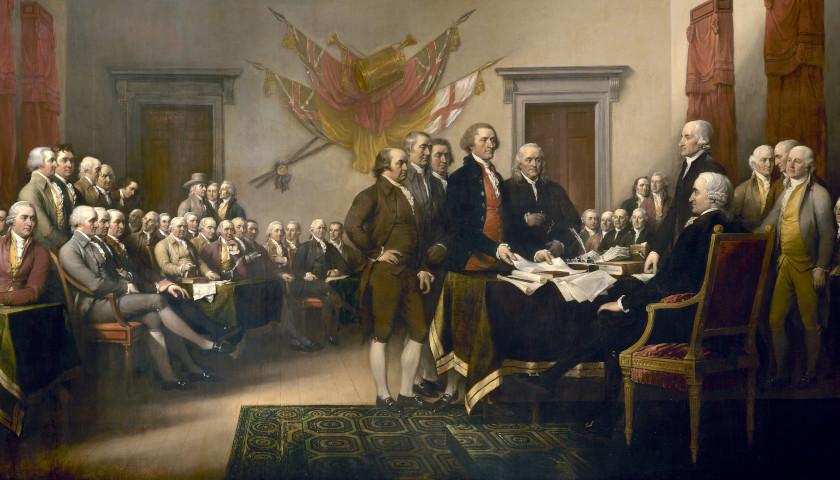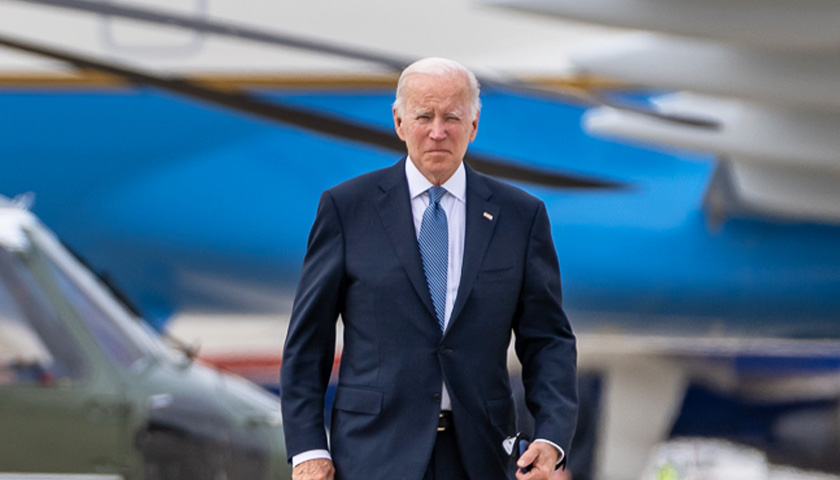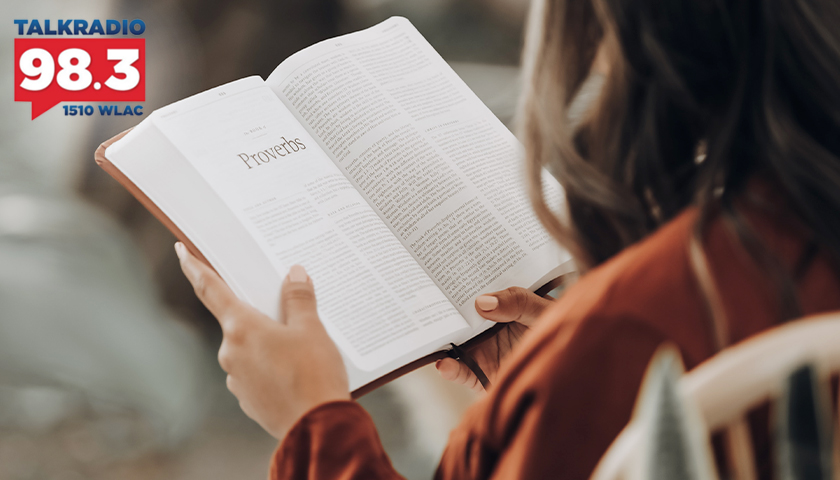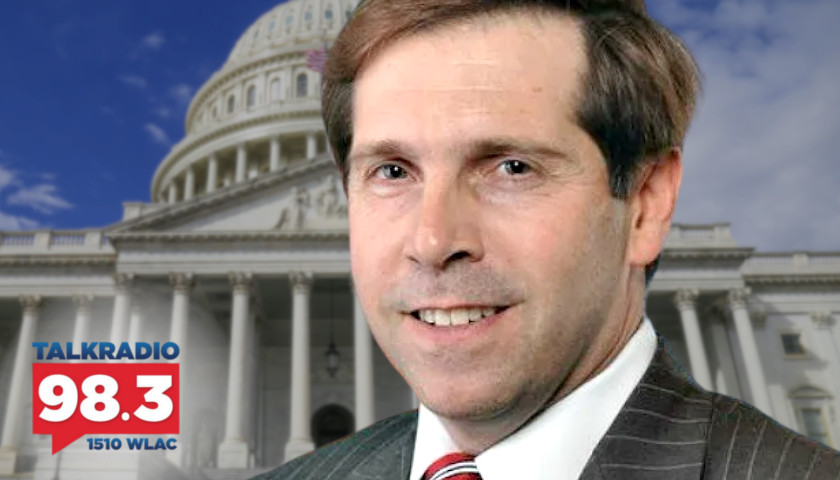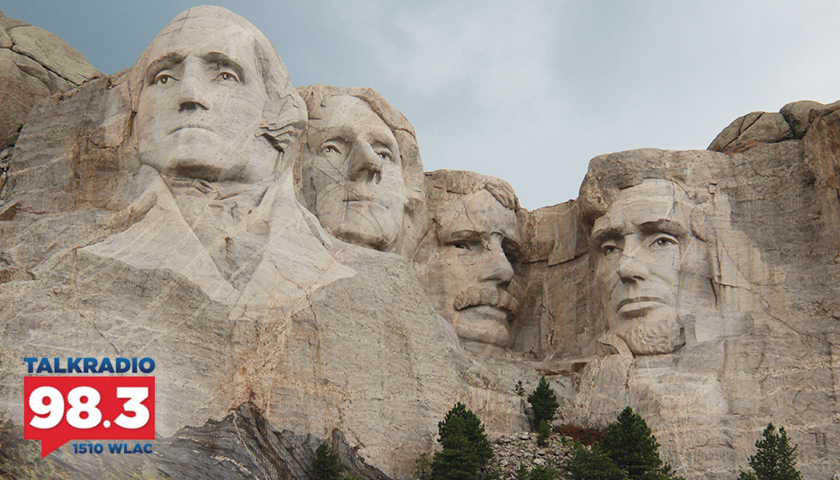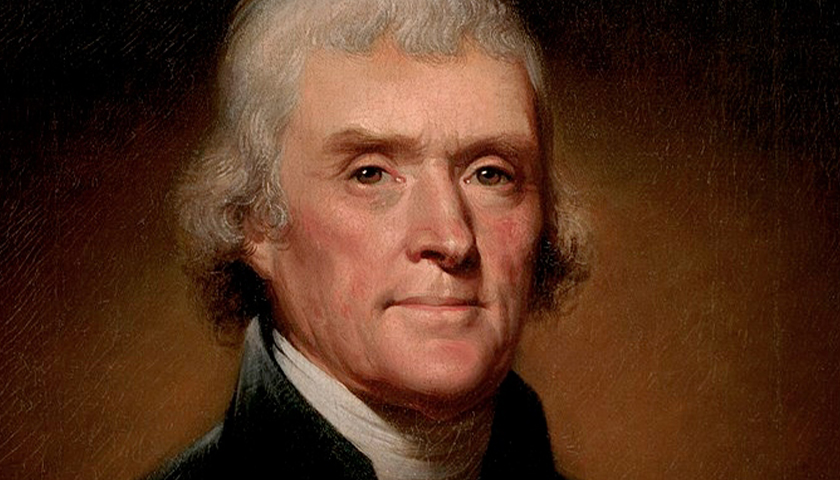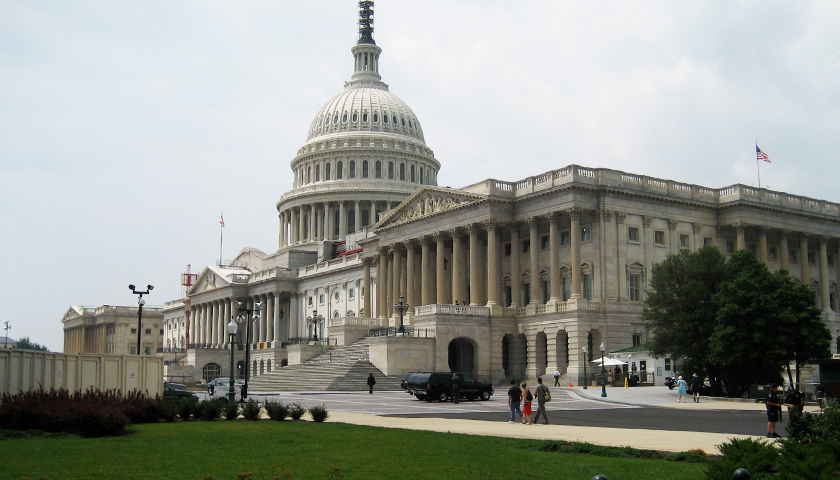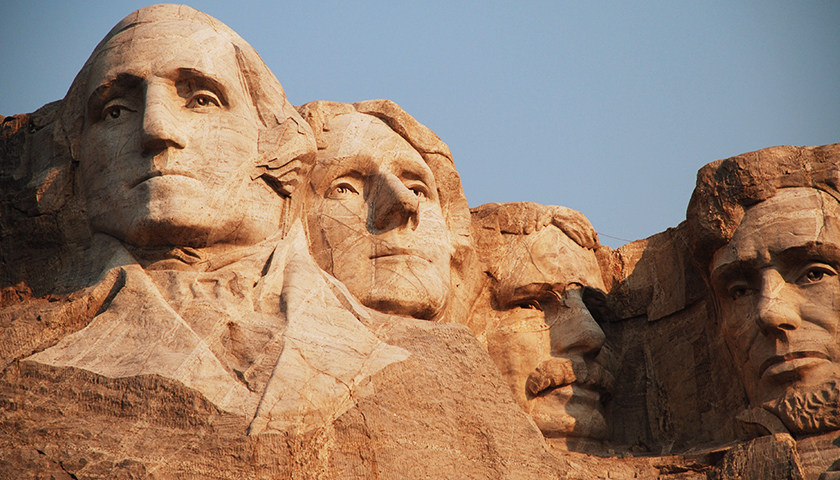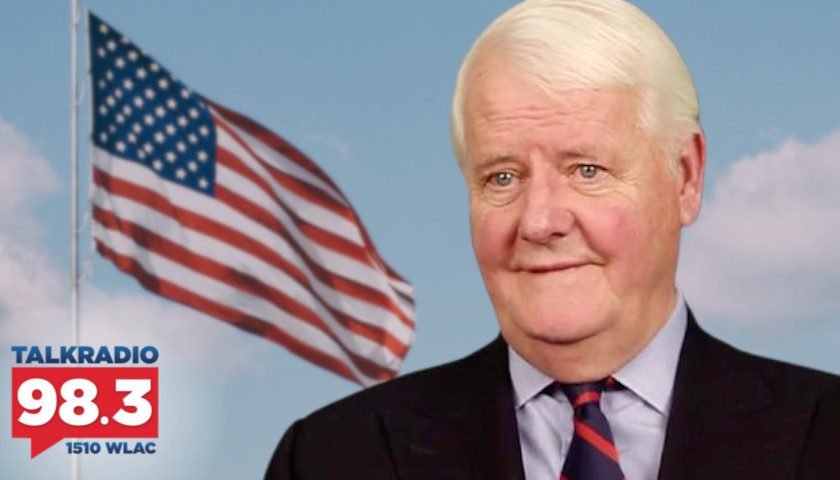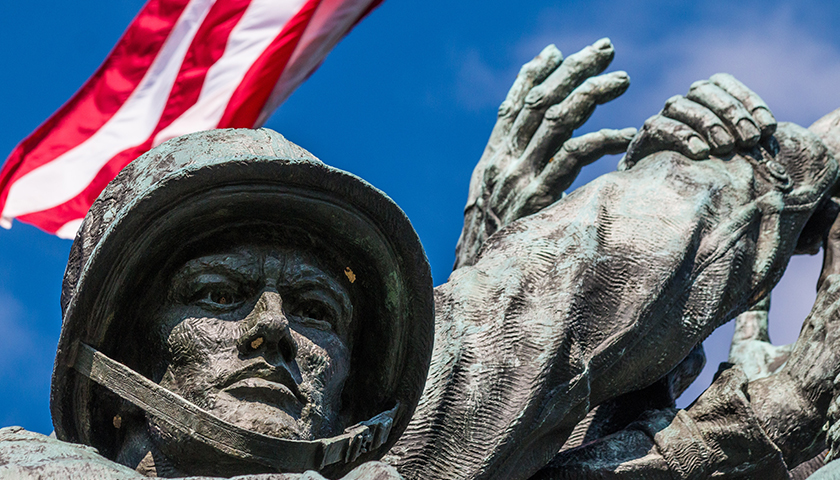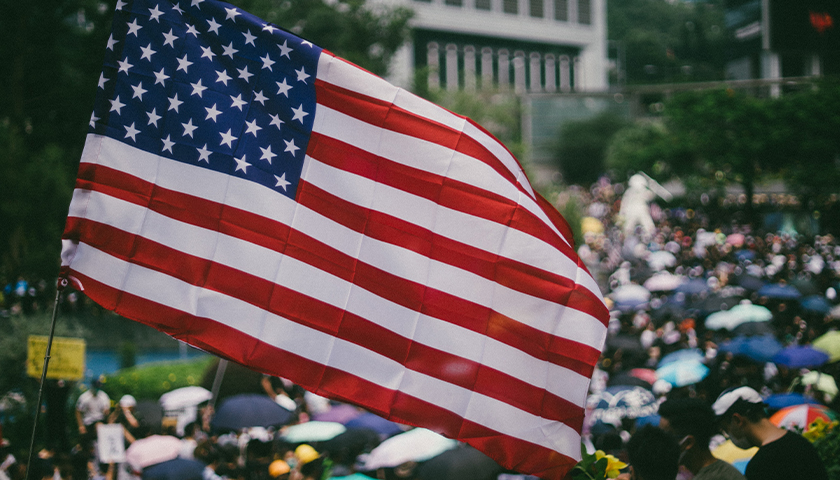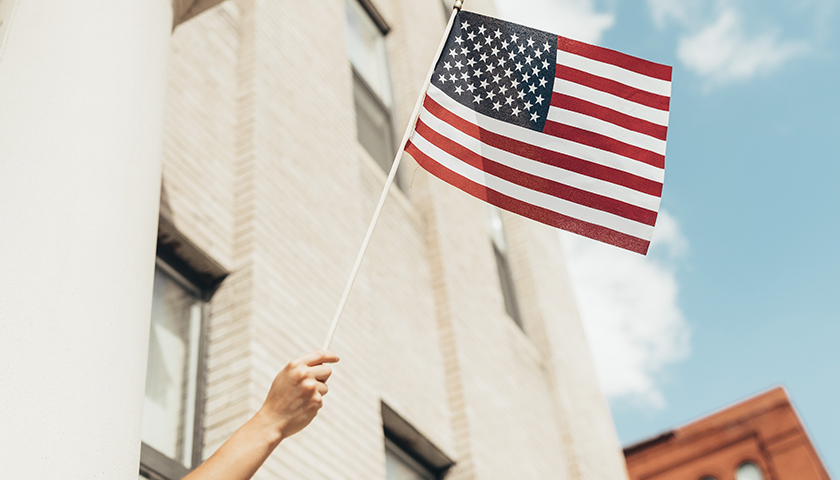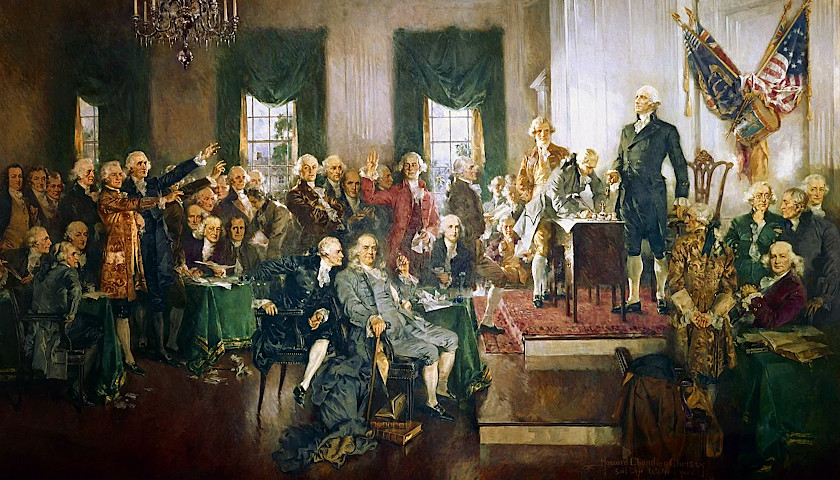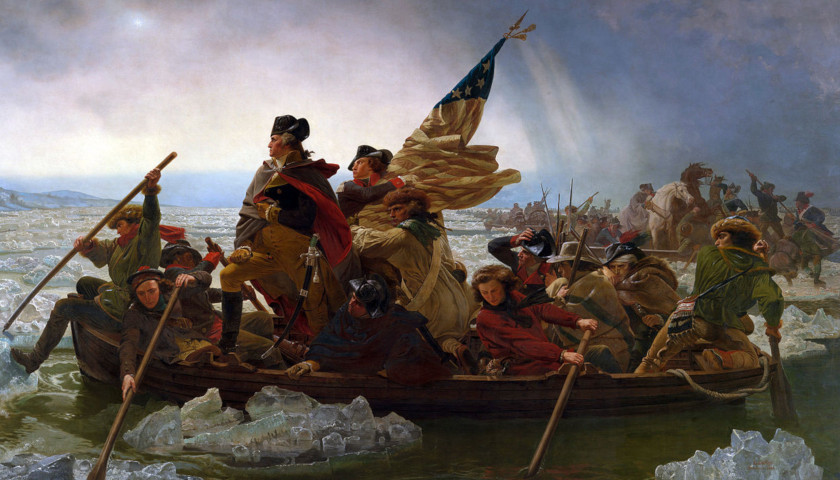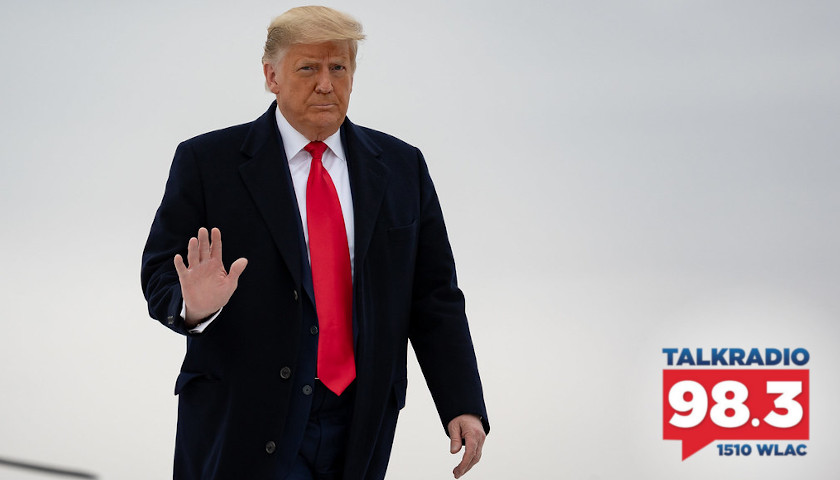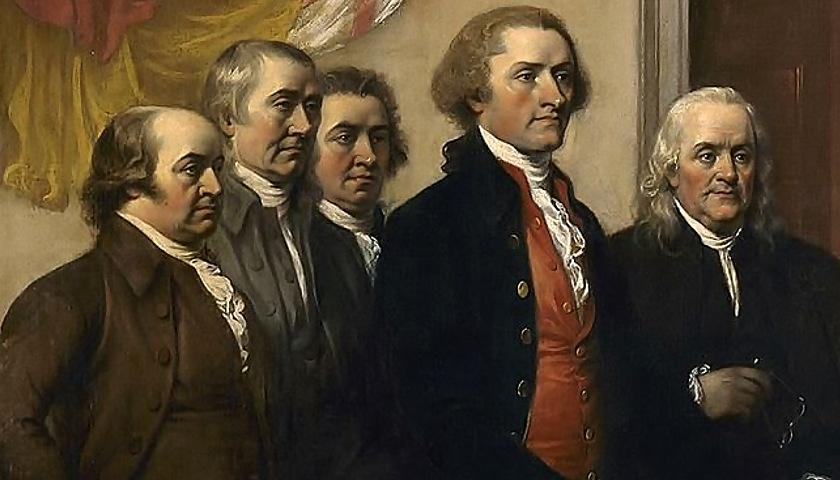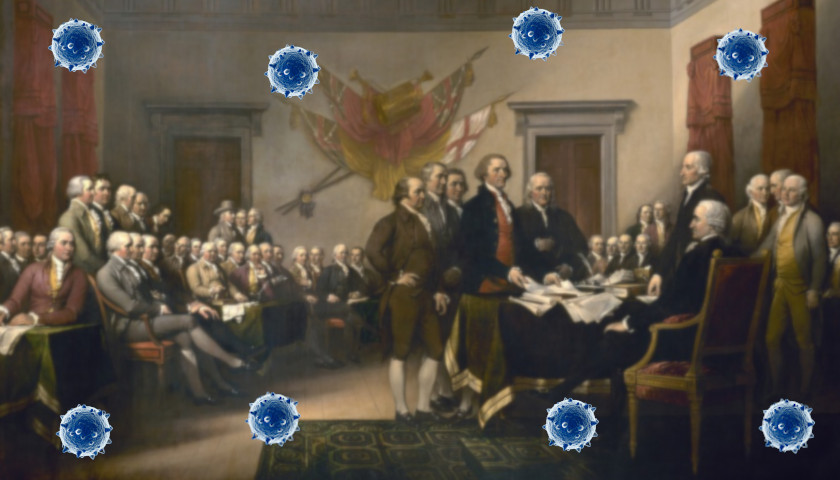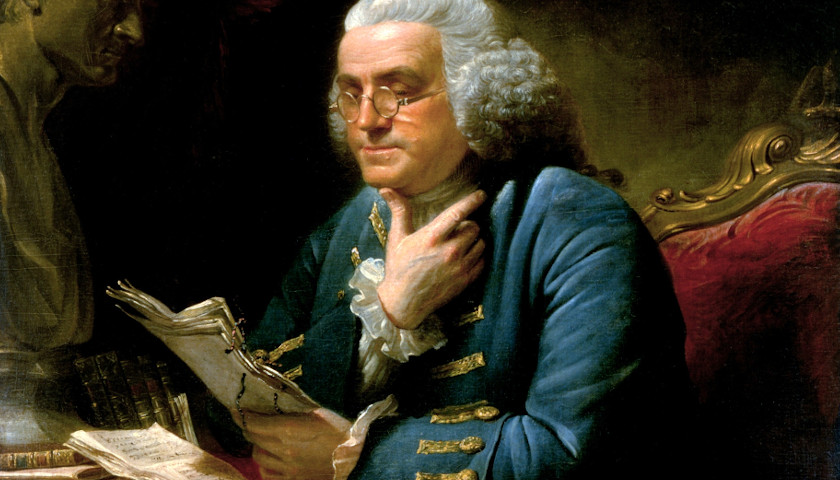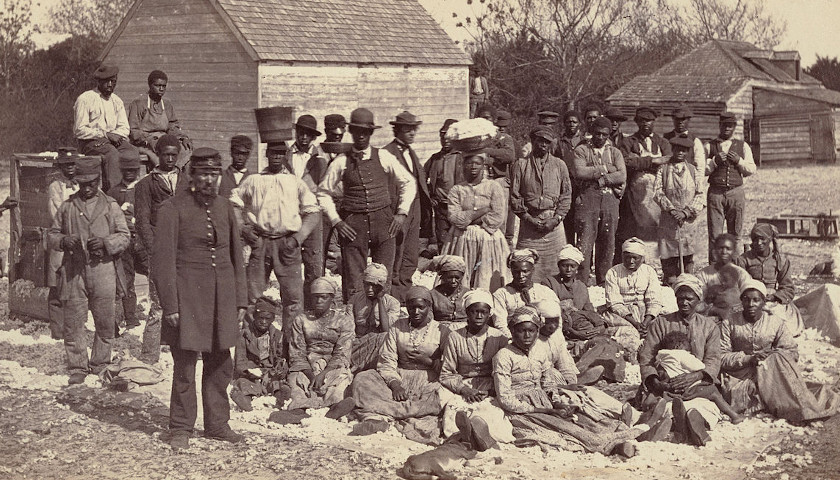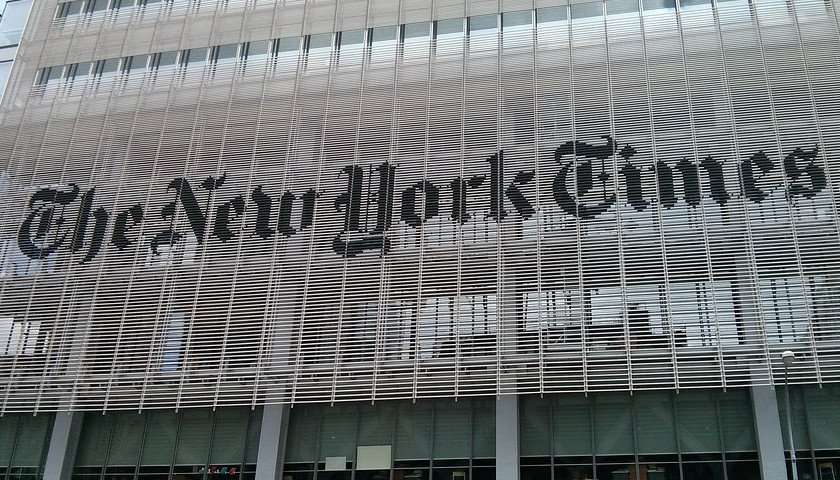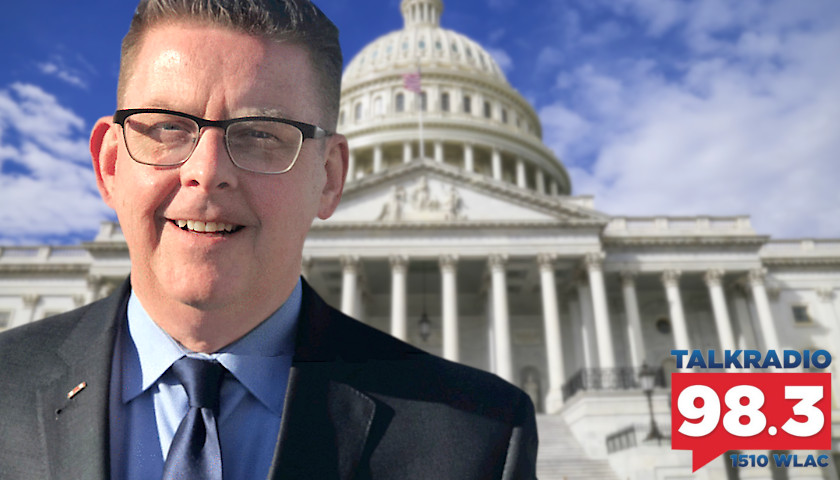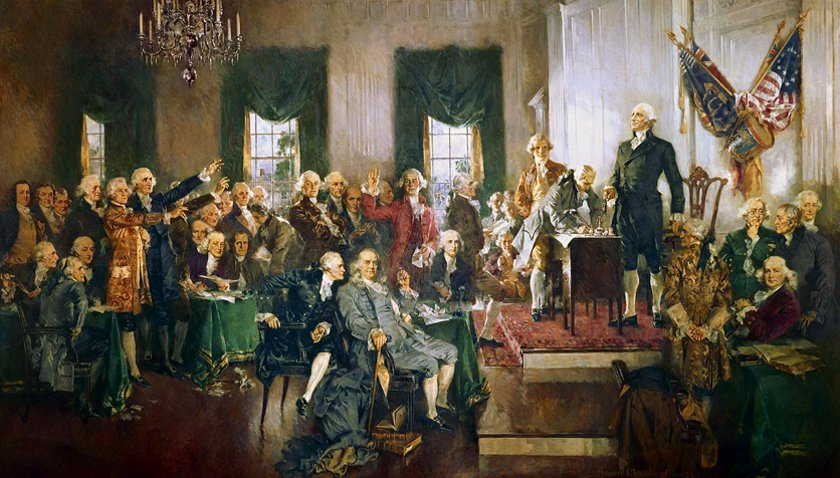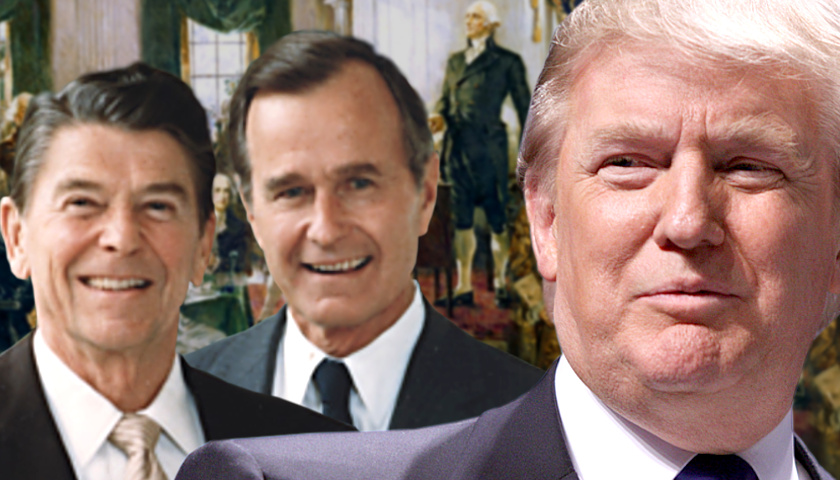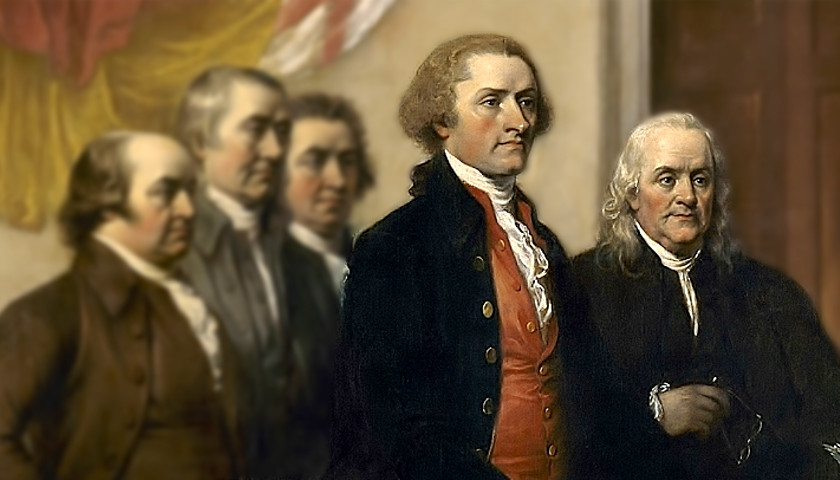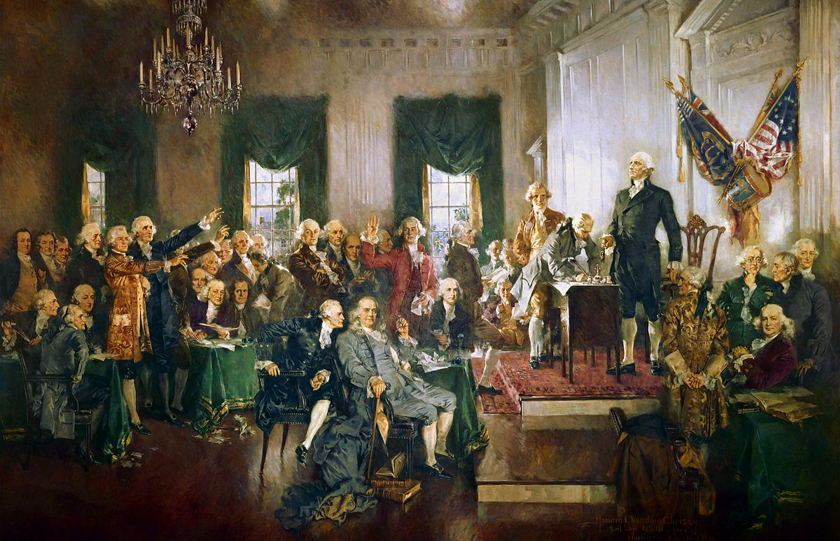Teachers, friends, and colleagues of mine from the Claremont-Hillsdale school (or “CHS,” after where most of us were trained, and many now teach) have spent years making a concerted effort to find common ground with fellow travelers on the Right who may be broadly understood as paleoconservatives.
I’m happy to say that, to a large extent, the effort has borne fruit. Many paleoconservatives have been published in the Claremont Review of Books and American Greatness, while many Claremont and Hillsdale scholars (myself included) have written for Modern Age and The American Conservative. There is more cross-pollination and friendly dealing today between the two groups than ever, with each side attending and speaking at the others’ conferences and so on. I think we’ve even learned from each other. I know I have. Exposure to paleo ideas has influenced my thinking on trade, immigration, and foreign policy, among other subjects.
My commitment, however, to the core tenets of the Claremont-Hillsdale school—which I consider to be nothing more (or less) than an attempt to understand Americanism, without any alterations or admixtures—has never shaken. That’s not to deny that I’ve become increasingly dismayed at the way this understanding of Americanism is often deployed, especially by what Charles Haywood of the excellent book review blog The Worthy House calls “the catamite right.” My own preferred term is “Cracker Jack Claremontism,” after the tiny comics that used to come inside the boxes of caramel corn. Too small for anything but a few pictures and words, and meant for little children, they had to convey a simplistic story very briefly.
Read the full story

